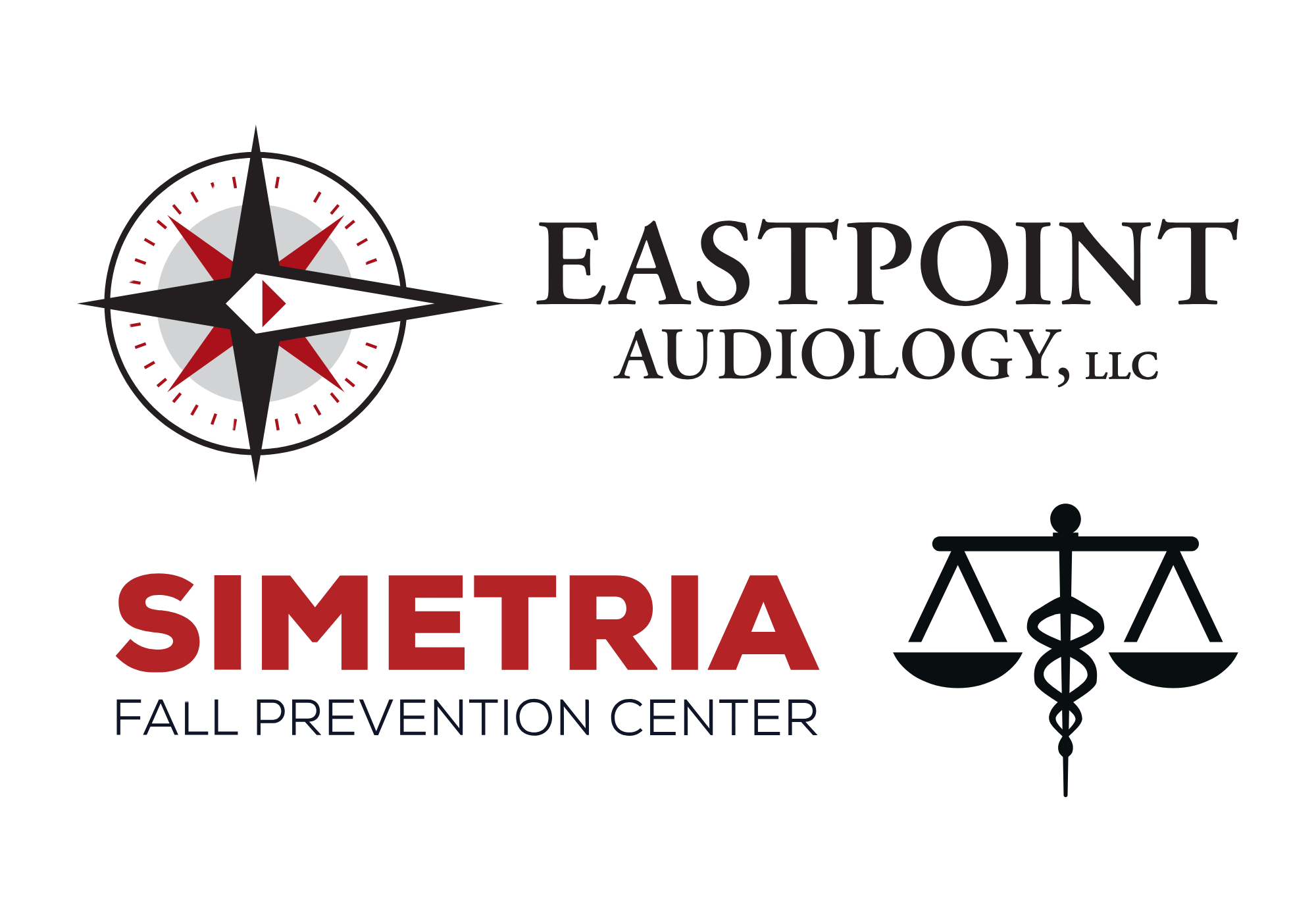Learning that an infant has hearing loss can be an upsetting and emotionally challenging experience for many parents, leaving them feeling lost and unclear about what the future has in store. But the good news is: With early detection and treatment, babies with hearing loss can thrive. Yes, they can even develop language, communication skills, and strong relationships with the world around them, resulting in a dynamic, rewarding life!
Hearing aids and cochlear implants are two highly beneficial tools for assisting babies with hearing impairments. Below, we take a look at how they work and how to know which one is right for your child.
Understanding Hearing Loss in Infants
Hearing loss in infants can be caused by a range of factors, including:
- Hereditary characteristics (even in the absence of a family background)
- Congenital infections including cytomegalovirus (CMV) or rubella
- Complications at birth, including lack of oxygen or prematurity
- Medications commonly administered in the NICU (Neonatal Intensive Care Unit)
The most significant step? Early diagnosis. That’s why babies in the United States are screened for hearing loss before they leave the hospital. Pediatric hearing professionals follow the “1-3-6” standard:
- Screened by 1 month
- Diagnosed by 3 months
- Intervention (with hearing devices or therapy) started by 6 months
Reaching these developmental milestones is essential for infants to achieve optimal progress in speech, language, and cognitive growth. If you need guidance on these assessments, your pediatrician will be glad to help!
Hearing Aids for Babies and Toddlers
Hearing aids are frequently the initial treatment solution for infants who have differing degrees of hearing loss. These little, portable devices amplify audio signals, allowing infants to better detect and understand voices and surrounding noises.
Hearing aids are:
- Safe for infants as young as a few weeks old
- Designed with soft, comfortable ear molds that adjust as the baby grows
- Featuring secure battery doors and child-friendly design features
- Specifically tailored by a pediatric hearing expert to fit your child’s distinct auditory needs
As your infant develops, hearing aids will need to be calibrated regularly to guarantee proper fit and performance.
Cochlear Implants for Babies
A cochlear implant may be suggested for a baby with extreme to profound sensorineural hearing loss who does not obtain sufficient benefit from hearing aids.
Unlike hearing aids, cochlear implants:
- Are implanted with a surgical procedure
- Circumvent damaged parts of the inner ear
- Transform audio into electric impulses that directly stimulate the hearing nerve
Advantages of Cochlear Implants:
- FDA-approved for babies as young as 9-12 months
- Most successful when paired with early treatment and family support
- Only recommended following a complete evaluation by an audiologist and an ENT specialist
This procedure involves the use of imaging, hearing exams, and discussions regarding future prospects and results
How Cochlear Implants Differ from Conventional Hearing Aids
Hearing aids:
- Mild to severe hearing loss
- Non-Invasive
- Sound processing amplification
- Starts at Infancy
Cochlear Implants:
- Severe to profound hearing loss
- Invasive (Surgical)
- Converts Sound Electrical Signals
- Starts at 9-12 Months
Comparing Sound Enhancement Options: A Concluding Analysis
If your baby has been diagnosed with hearing loss, you have options and plenty of assistance. Thanks to the expertise of hearing specialists who work with children, most young patients are able to obtain language abilities that are equivalent to those of their peers.
Taking prompt action can have a profound and lasting impact on a child’s life, regardless of whether they require hearing aids or cochlear implants to deal with their hearing needs.
Have questions about your child’s hearing health? Reach out to us today for a full evaluation and individualized care plan.
Sources:
cdc.gov/ hearing-loss-children-guide/ parents-guide/understanding-hearing-loss. html.
boystownhospital.org/knowledge-center/hearing-aids-babies.
hopkinsmedicine.org/health/treatment-tests-and-therapies/cochlear-implants/childrens-.
cochlear-implants.
dukehealth.org/blog/hearing-aids-vs-cochlear-implants.

